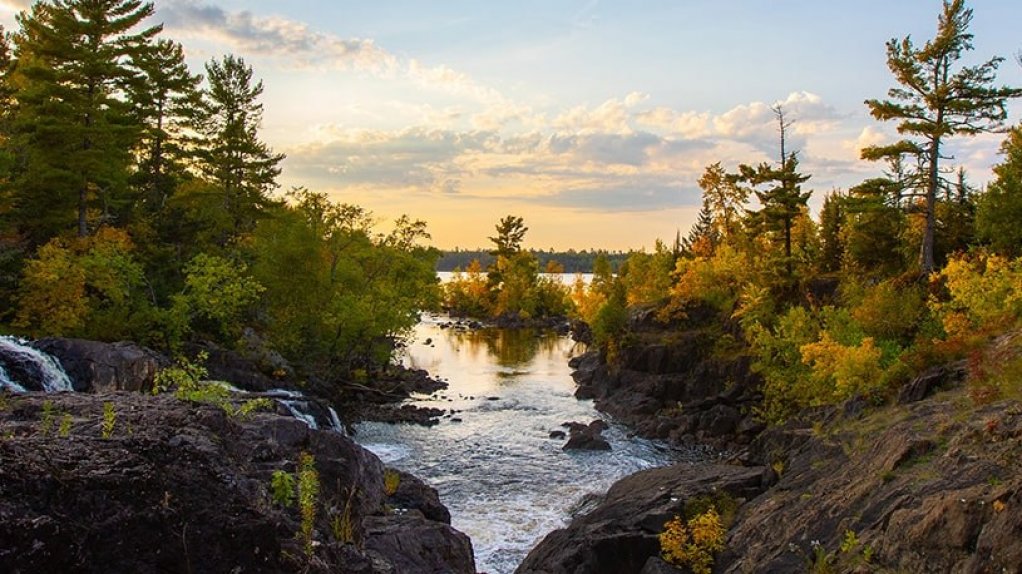
The announcement reversed a decision by former President Donald Trump and set off a review of how mining could affect the popular outdoor recreational area. It freezes issuance of new mining leases or permits in the region for two years.
The proposed underground mine would become a major US supplier of copper for electric vehicles (EVs), which use twice as much of the red metal as those with internal combustion engines.
Environmentalists have long feared mining would destroy the Boundary Waters Canoe Area Wilderness, a one-million acre (405 000 ha) preserve on the US-Canada border.
The Forest Service move is the latest example of President Joe Biden‘s plan to look abroad for metal supplies and focus on domestic processing into battery parts. The strategy, which Reuters reported earlier this year, was a move by Biden to shore up support with environmentalists and counter to his private commitment to miners during the 2020 presidential campaign to allow more domestic mining.
Twin Metals, controlled by Chile’s Antofagasta, said it was “deeply disappointed” by the decision and remains committed to developing the mine.
“We are working to determine the best path forward,” said Twin Metals spokesperson Kathy Graul.
The company’s engineers said in a recent interview they had devised a plan to refrain from mining within 400 feet of the surface, avoid ground subsidence and use renewable energy.
The Campaign To Save The Boundary Waters, an environmental group opposed to the project, cheered the decision and said the ban should be made permanent.
“The Boundary Waters is a paradise of woods and water. You don’t allow America’s most toxic industry next to America’s most popular Wilderness,” said Becky Rom, the campaign’s national chair.
COMPLEX HISTORY
Wednesday’s move effectively resumes a process started by former President Barack Obama‘s administration to block mining in the region. Trump had put that process on hold.
The US Forest Service, part of the Agriculture Department, controls the surface land at the site. The US Bureau of Land Management, part of the Interior Department, controls the underground copper deposit and must approve plans to extract minerals.
Biden’s administration can block mining in the region for up to 20 years. Only an act of Congress can permanently block it, and that step was proposed in a bill introduced this year by US Representative Betty McCollum, a Minnesota Democrat who represents a district about 230 miles (370 km) south of the mine site. The fate of the bill remains unclear.
McCollum called Wednesday’s decision “a welcome return to the science-based decision making that should govern the management of our public lands.”
US Representative Pete Stauber, a Minnesota Republican whose district includes the mine site, said the decision was based on politics, not science, weakens national security and helps China, the world’s largest copper consumer.
“I am furious that my constituents in northern Minnesota won’t have the opportunity to mine these minerals with these good paying jobs,” said Stauber.


